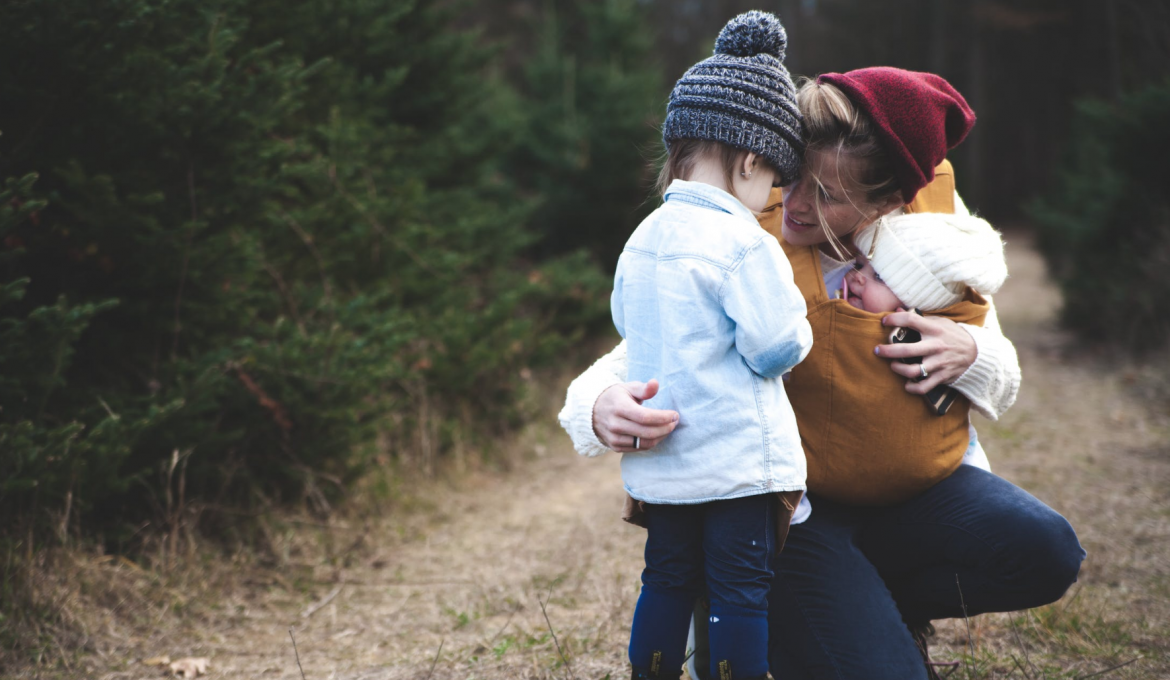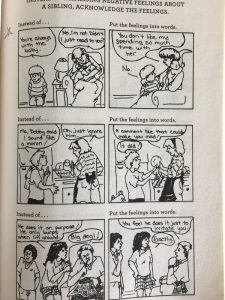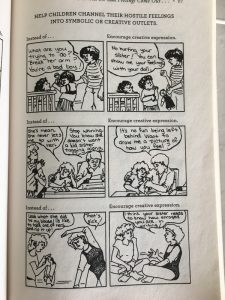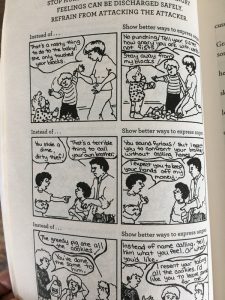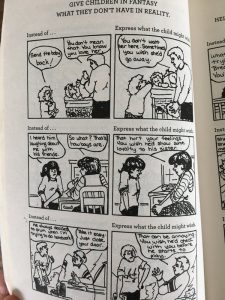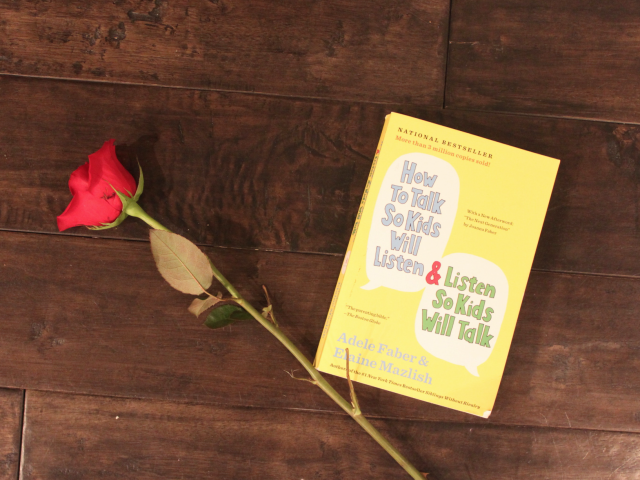Imagine that your husband wanted to give polygamy a shot in your marriage. (Stay with me, I’ll relate it to siblings shortly)
Your husband says “Honey, I love you so much that I want another wife just like you.” And so he sets off to bring another wife into the marriage.
When the three of you go out in public people are “oohing” and “ahhing” at how cute she is. And of course, she needs new clothes so your husband digs through your closet to give her your clothes because he says “they don’t fit you anymore.” Then one day she’s using a computer that used to be yours and when you take it back, she runs crying to your husband. He turns to you and says “Please be nice to the new wife. After all, I brought her here so you’d have someone to play with.”
In fact, he has a bunch of other responses that go like this:
- You have no reason to be angry, she’s your sister wife and we’re all one family now.
- If you’re going to say negative things, please keep them to yourself.
- I think you and her need to sit in a room until you figure it out.
Aggravating, right?
Ok, I See Where You’re Going With This
So often this is how we respond to our kids when they express unsavory opinions about their siblings. How does it make our pseudo-polygamist analogy any different?
When we deny our kids their feelings against their siblings and therefore making it “unsafe” to vent their frustrations, then they will start to find roundabout ways to express their feelings.
This could be in the form of framing their siblings, raging against Mom/Dad, harming their siblings, acting out, and/or anything that could diminish their siblings in the eyes of Mom/Dad. All because they want to be heard.
So What Are Kids ACTUALLY Looking For?
In short, they want the freedom and ability to say how they really feel about their siblings without you 1.) Defending their siblings 2.) Denying how they feel 3.) Minimizing how they feel or 4.) Putting them down for feeling that way.
(And they want your undivided attention- cough*smartphone*cough)
There are caveats, however. For instance, when I use this principle in my home I have parameters for anger expressions. They can’t say hurtful things ( I hate so-and-so, I want to hurt so-and-so) and no namecalling. Additionally, they aren’t allowed vent their frustrations by personifying a toy and hurting it as if it were their sibling. Or freakin’ voodoo!
When they’re confronted about negative feelings towards their siblings, they just want to be heard and understood (and not necessarily be agreed with). Our job is to show them how to express anger without doing damage.
Examples From The Book
Instead of trying to describe situations, here are the examples from the book.
Why We Should Let Kids Air Their Feelings
I empathize with you. It’s not fun hearing one child rage against another, however, if we hush kids from expressing anger then those emotions will go underground. At some point, they will resurface either as physical symptoms or emotional problems.
As psychologist Dorothy Baruch says, “Not until the bad feelings come out can the good ones come in.”
The paradox of it is that insisting upon good feelings between the children led to bad feelings. Acknowledging bad feelings between the children led to good feelings.


